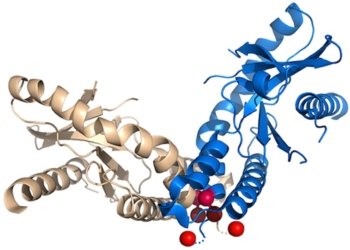In a groundbreaking effort to address the shortage of youth mental health providers in the Cleveland region, city and Cuyahoga County leaders have launched the Youth Mental Health Workforce Development Sprint Task Force. This initiative aims to tackle the pressing mental health challenges faced by young people, exacerbated by pandemic isolation, poverty, and violence.
The Crisis and Its Impact
Mental health issues among Cleveland’s youth have been linked to rising crime rates, declining academic performance, and increasing suicidal ideation. Social workers and other professionals, including family support specialists, are increasingly drawn to other careers due to higher pay and lower stress. The rapid turnover among youth mental health workers highlights the need for urgent action.

Strategies for a Stronger Workforce
The task force, composed of government and nonprofit leaders in health and human services, will meet over the next 180 days to develop specific recommendations in six key areas:
- Equitable Pay for Behavioral Health Providers: Addressing the financial disparity faced by mental health workers is crucial. Competitive compensation can help retain skilled professionals and attract new talent.
- Loan Forgiveness: Offering loan forgiveness programs can alleviate the burden of student debt for mental health workers, making the field more attractive.
- Professional Capacity Building: Investing in training, mentorship, and professional development ensures that mental health providers stay engaged and equipped to serve effectively.
- Interstate Licensure Simplification: Streamlining licensure processes across state lines enables mobility for mental health professionals, encouraging them to work where they are needed most.
- Diversity and Equity: Fostering a diverse workforce that reflects the community’s demographics is essential. Representation matters, and lived experiences can enhance empathy and understanding.
- Integrated Behavioral Health Care: Collaborating across disciplines—such as integrating mental health services into primary care settings—ensures holistic care for young people.
Taking Action
Cleveland Mayor Justin Bibb and Cuyahoga County Executive Chris Ronayne lead this critical effort. Their commitment to creating a “united front” emphasizes the urgency of strengthening the mental health workforce. Legislation may be required to raise pay and make the field more appealing, but investing in this priority is essential.
The task force’s report will summarize ongoing work, provide actionable recommendations, and advocate for policy changes to improve access to care. As the crisis persists, coordinated efforts are vital to ensure comprehensive resources for youth mental health and support for providers.



































